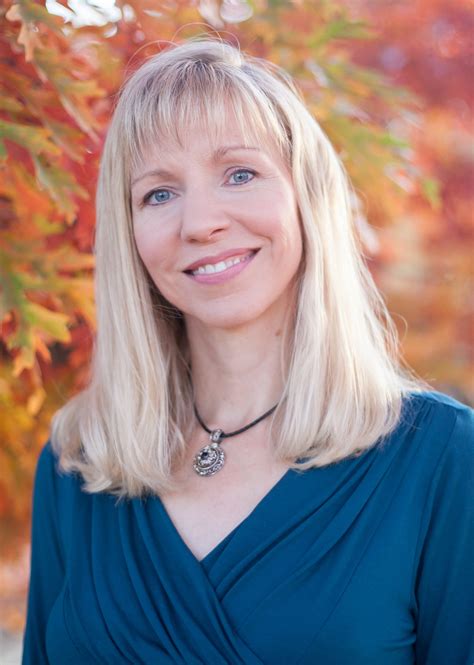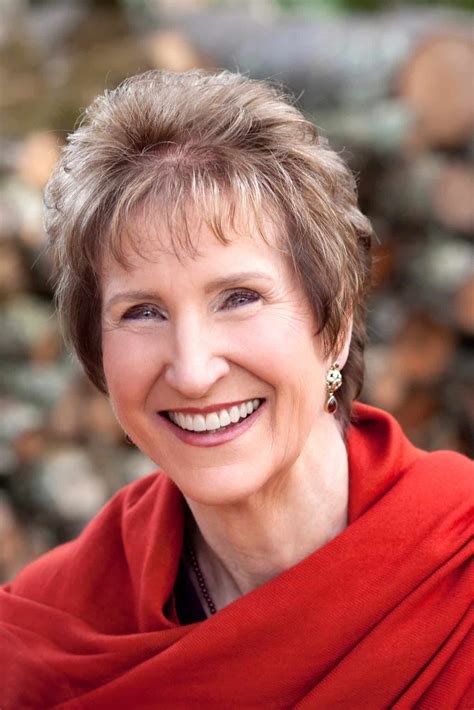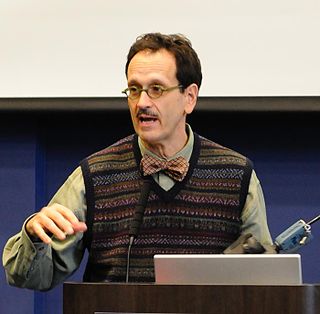A Quote by Gabriel Garcia Marquez
I think that the idea that I'm writing for many more people than I ever imagined has created a certain general responsibility that is literary and political. There's even pride involved, in not wanting to fall short of what I did before.
Related Quotes
I think Welfare Reform did more harm than good, but one piece of good it did was it changed the attitudes of Americans. If we look at voter surveys even before the recession, the idea that people are poor because they're lazy was much stronger in the early '90s than it was even before the recession. Now with the recession, everybody knows somebody who is poor through no fault of their own. So voter attitudes are more favorable than they've been since the '60s.
I regret that there aren't more short stories in other magazines. But in a certain way, I think the disappearance of the short-story template from everyone's head can be freeing. Partly because there's no mass market for stories, the form is up for grabs. It can be many, many things. So the anthology is very much intended for students, but I think we're all in the position of writing students now. Very few people are going around with a day-to-day engagement with the short story.
I hate to say it because I think people are risk averse these days more than ever. Before they even pick up the phone, they know what the picture's going to be. So there's a certain comfort in that, a certain security that they can lay out the cover of the magazine and kind of know what it's going to be.
Actually we've had a black bourgeoisie or the makings of a black bourgeoisie for many more decades.In a sense the quest for the emancipation of black people in the US has always been a quest for economic liberation which means to a certain extent that the rise of black middle class would be inevitable. What I think is different today is the lack of political connection between the black middle class and the increasing numbers of black people who are more impoverished than ever before.
Music and writing do fold together in the sense that you have to have a certain level of skill in order to execute your ideas and you need a medium. The idea of improvisation is one that many writers fall into, and I improvise a great deal when I'm writing, but there's a structural framework that I'm working around, and that takes more time than the actual writing. Once the characters get to yapping and talking, they'll move from one room to the next, and I just have to make sure that the house is built. That's really hard, that's the kind of thing that sits with you all day long.
I think movies in general should have more respect for the audience than they do. Too many films are afraid to confuse people, so all the information is given to them right away, and there's nothing left for the film to do. It ruins many stories, because everything becomes obvious and predictable. I want my films to engage people more and make them more actively involved in the story.
Many ... begin to make converts from motives of charity, but continue to do so from motives of pride. ... Charity is contented with exhortation and example, but pride is not to be so easily satisfied. ... Whenever we find ourselves more inclined to persecute than persuade, we may then be certain that our zeal has more of pride in it than of charity.
I think there are a lot of people who are involved in the Tea Party who have very real and sincere concerns about spending that's out of control or generally philosophically believe that the government should be less involved in certain aspects of American life rather than more involved. And they have every right and obligation as citizens to be involved and engaged in this process.
The people who started the American government, the founders of the Constitution, didn't like political parties but they were forced to start them. Nobody ever created political parties in England, they evolved. And there do tend to be two general tendencies that focus around how much government you think you need.
In the final exam in the Chaucer course we were asked why he used certain verbal devices, certain adjectives, why he had certain characters behave in certain ways. And I wrote, 'I don't think Chaucer had any idea why he did any of these things. That isn't the way people write.' I believe this as strongly now as I did then. Most of what is best in writing isn't done deliberately.







































